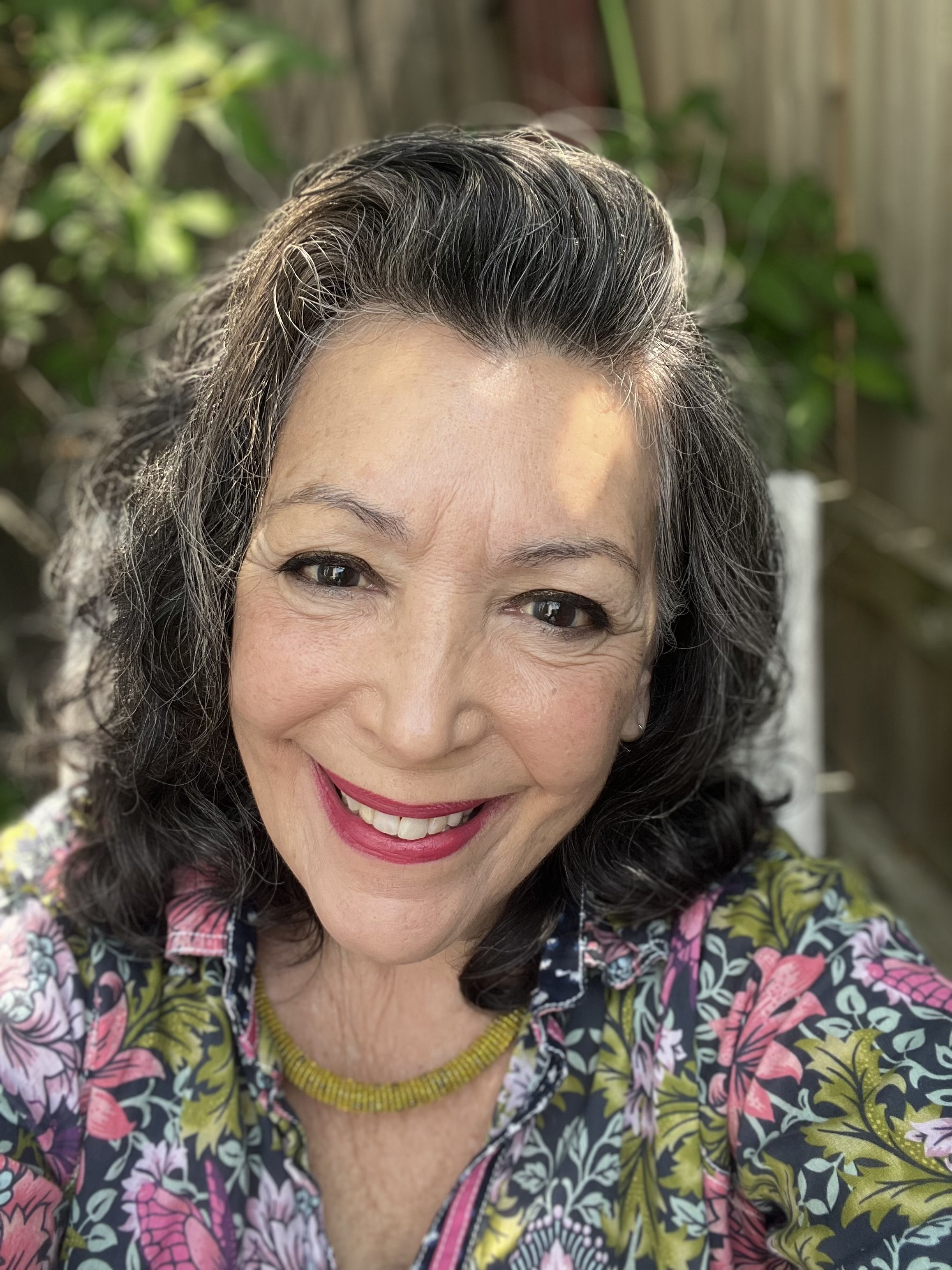Phyllis Capello, who is a writer and musician, is a NYFA fellow in fiction I and a winner of an Allen Ginsberg Poetry Award. Her collection “Packs Small Plays Big” is from Bordighera Press, 2018. Cantastoria work (sing/storyteller) has taken her from Ireland-to-Istanbul. She has presented at the International Oral History Conference in Rome, Italy and has been a musician/clown since 1990 with Healthy Humor Red Nose Docs, as well as a member of the poetry/activist trio, The Ferlinghetti Girls. ferlinghettigirls.com In 2023 she was honored with People’s Hall of Fame Award for teaching artistry for her work in New York City schools. Her poem “The Ballad of a Harlem Boy” appears in the Fall 2023 Intima: A Journal of Narrative Medicine.
For thirty years, my hospital work (I’m a clown ‘doctor’/musician for Healthy Humor) has included meeting and entertaining families in clinic waiting rooms, Pediatric ICUs, triaged Emergency Departments and in out-patient, in-patient rooms. Clown-doctor encounters can, if invited, also extend to physical therapy and treatment rooms, hallways, nurses’ stations and elevators. In ED and in out-patient and in-patient rooms permission comes from the medical and childlife staff first (and pertains to situational or isolation status). After that, the child’s permission (being our ultimate “boss”) to enter is strictly respected. In a hospital environment, we are one thing a child can prevent from entering their room.
Knowing when to present ourselves and when to exit means we are not often present for the trauma of Emergency Medical procedures unless specifically requested by staff. I do not see the immediate medical aftermath of a bullet wound. The hands of professionals as they seek to save a life as in Kirilee West’s drawing of hands entitled: “6:21 P.M.” That is why the piece really speaks to me of the drama and humanity inherent in the moments before a medical clown can be of any use to a patient.
Her drawing resonates with me as my poem, “The Ballad of a Harlem Boy,” was written after a nurse shared her distress about a child’s death. Telling us (we work in pairs) of her direct experience, I could only think of her hands and their expert ministrations during that terrible time and of the depth of her humanity for the mortally-wounded fourteen-year-old and his mother.
We all want our hands to be of use: I, in my small way, making music or writing poems; medical staff whose hands take on the most difficult and tender of roles; the artist’s hands who can capture with a charcoal stick the enormity of what we might see if, after the fact, we can allow our creativity to take a step back and tell a story.
Phyllis Capello, who is a writer and musician, is a NYFA fellow in fiction I and a winner of an Allen Ginsberg Poetry Award. Her collection “Packs Small Plays Big” is from Bordighera Press, 2018. Cantastoria work (sing/storyteller) has taken her from Ireland-to-Istanbul. She has presented at the International Oral History Conference in Rome, Italy and has been a musician/clown since 1990 with Healthy Humor Red Nose Docs, as well as a member of the poetry/activist trio, The Ferlinghetti Girls. In 2023 she was honored with People’s Hall of Fame Award for teaching artistry for her work in New York City schools. Her poem “The Ballad of a Harlem Boy” appeared in the Fall 2023 Intima: A Journal of Narrative Medicine.

